Keynote Speakers from Past Code4Lib Conferences
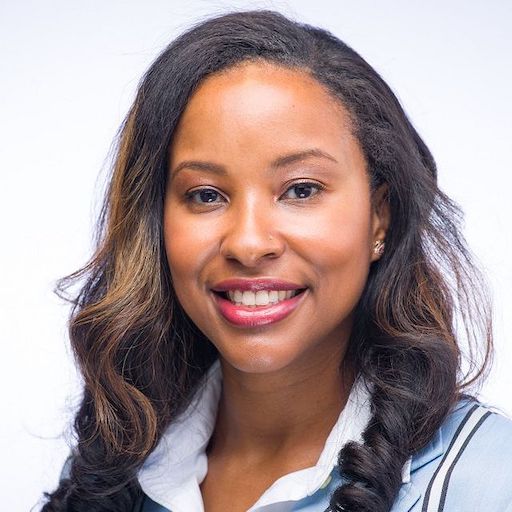
North Carolina Central University
Speaker Bio for Dr. Siobahn Day Grady
Dr. Siobahn Grady is an Assistant Professor of Library and Information Sciences and the director of the Laboratory for Artificial Intelligence and Equity Research (LAIER) at North Carolina Central University, the only ALA-Accredited Library School at an HBCU (Historically Black College or University). Dr. Grady’s research is focused on using machine learning to identify sources of misinformation on social media, and on improving fault detection in autonomous vehicles. Dr. Grady is an IF/THEN Ambassador for the American Association for the Advancement of Science, a program which seeks to bring more women and minorities into hard sciences, technology, engineering and mathematics. Dr. Grady was the first woman to graduate with a computer science Ph.D. from N.C. A&T State University, and through her teaching, research, philanthropy and public speaking she is a passionate supporter of HBCUs and the students they serve. Code4Lib would benefit from learning about her work at LAIER and about her vision for minority girls’ and women’s futures in technology fields.
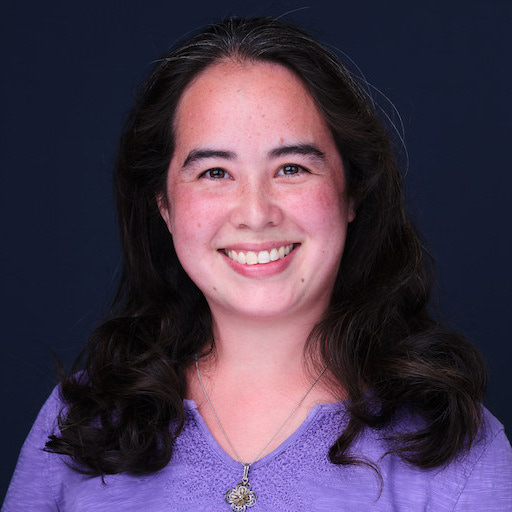
Lyrasis
Profile Image Description
A smiling half-Chinese half white woman with long dark brown hair.
Speaker Bio for Dr. Lydia Tang
Dr. Lydia Tang is an Outreach and Engagement Coordinator for Lyrasis. Previously, she held archivist positions at Michigan State University, the Library of Congress, and numerous graduate positions at the University of Illinois, where she received her MLIS and Doctor of Musical Arts degree. Passionate about accessibility and disability representation in archives, she served on the Task Force to Revise the Best Practices on Accessible Archives for People with Disabilities and spearheaded founding the Society of American Archivists’ (SAA) Accessibility & Disability Section (ADS). She is the 2020 recipient of SAA’s Mark A. Greene Emerging Leader Award and was recognized in three SAA Council resolutions as a co-founder of the Archival Workers Emergency Fund, for spearheading the Accessibility & Disability Section’s “Archivists at Home” document, and for the “Guidelines for Accessible Archives for People with Disabilities.” In addition to her professional service with SAA, she has contributed to accessibility initiatives within DLF Digital Accessibility Working Group and the ArchivesSpace open source software community by leading the Staff Interface Enhancement Working Group, Development Prioritization subteam, founding the Usability subteam, and chairing the Users Advisory Council. She has written about accessible physical archival spaces, hiring and advancement practices, and is currently co-editing a book with Dr. Gracen Brilmeyer, Preserving Disability: Disability and the Archival Profession.
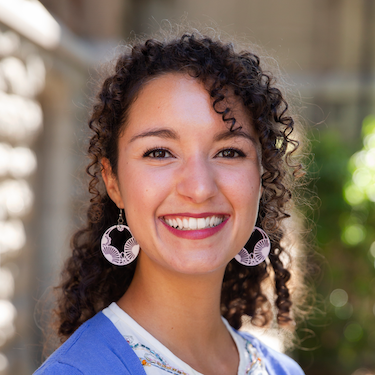
Ph.D. student at the UC Berkeley School of Information
UC Berkeley
Profile Image Description
A woman smiling with long curly brown hair, wearing a purple cardigan and large lavender earrings.
Speaker Bio for Lauren Chambers
Lauren Chambers is a Ph.D. student at the UC Berkeley School of Information. Advised by technology law expert Prof. Deirdre Mulligan, she studies the intersection of data, technology, and sociopolitical advocacy.
Previously Lauren was the staff technologist at the ACLU of Massachusetts, where she explored government data in order to inform citizens and lawmakers about the effects of legislation and political leadership on our civil liberties. Her projects included tracking the disparate effects of COVID-19 on vulnerable populations, analyzing policing budgets and practices, and advocating for regulation of government facial surveillance.
Lauren received her Bachelor's degree from Yale in 2017, where she double-majored in astrophysics and African American studies. Her undergraduate African American studies thesis, "A Different Kind of Dark Energy: Placing Race and Gender in Physics" examines how physics and astronomy theory and praxis are influenced by race, gender, and identity. After graduating, Lauren spent two years in Baltimore supporting NASA’s James Webb Space Telescope mission as a software developer.
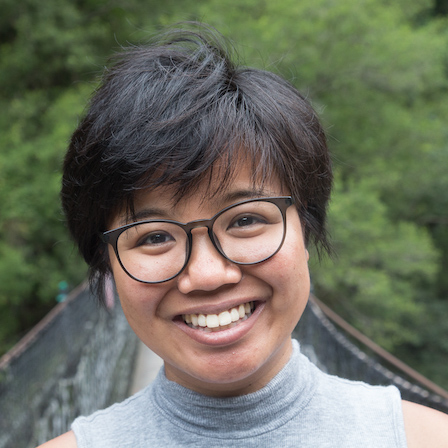
Senior Fellow in Responsible Computer Science at Mozilla
MIT
Profile Image Description
A medium-skinned Asian woman with a pixie cut wearing a gray shirt and round eyeglasses with black frames. Trees and other greenery are behind her.
Speaker Bio for Crystal Lee
Crystal Lee is a PhD candidate at MIT and a Senior Fellow in Responsible Computer Science at Mozilla. Her work investigates what she calls the “life-cycle of data representations,” or the process by which datasets are curated, cleaned, visualized, and circulated. In other words, she works on a wide scope of things: from the history of disability and human-computer interaction to theories about data visualization. This research has been supported by fellowships from the National Science Foundation, Social Science Research Council, and the MIT Programs for Digital Humanities. She is also a research affiliate at the Berkman Klein Center at Harvard, where she co-lead the Ethical Tech Working Group. Previously, she has worked as a visiting research scientist at the European Commission and graduated with high honors from Stanford University.
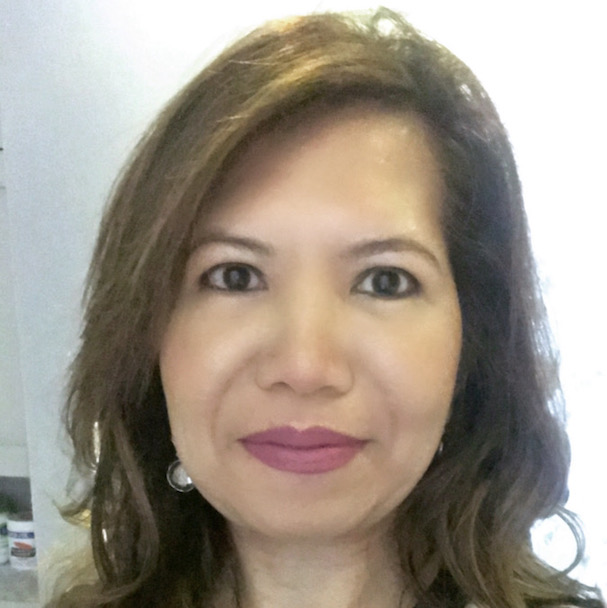
Michigan State University Libraries
Speaker Bio for Regina Gong
Regina Gong is actively involved in the open education community and has done numerous national presentations and webinars on OER and open education. She is strongly committed to advancing open practices, equity, inclusion, and access to better serve students.
Before coming to MSU, Regina was the OER Project Manager at Lansing Community College where she led and implemented a successful OER program. Prior to her stint at academic libraries, she worked as a systems librarian at Innovative Interfaces Inc. where she provided support for its cataloging, acquisitions, and serials modules.
Currently, Regina serves on the Steering Committee of the Open Education Conference, SPARC Open Education Advisory Group, and past member of the SPARC Steering Committee, and the Community College Consortium for Open Educational Resources (CCCOER) where she served as VP for professional development for three years. She is also the chair of the MI OER Network Steering Committee, a community of practice, and a coalition of OER advocates across P-20 in Michigan. Regina was a recipient of the OER Research Group Fellowship and a member of the Global OER-Graduate Network (GO-GN). She obtained her Masters in Library and Information Science (MLIS) at Wayne State University and is currently pursuing a Ph.D. in Higher Education Administration. Regina’s doctoral research will examine the lived experiences of people of color leading OER projects at post-secondary institutions.
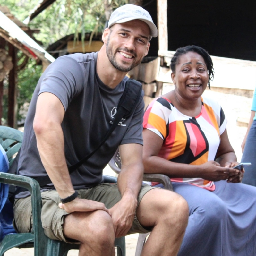
Digital Democracy
Speaker Bio for Rudo Kemper
Rudo Kemper works with Digital Democracy on the programs team, and manages the creation of the Earth Defenders Toolkit. Rudo is a human geographer with a background in archives and international administration, and a lifelong technology tinkerer. He is passionate about co-creating and using technology to support marginalized communities in defending their right to self-determination and representation, and towards other decolonizing and emancipatory ends.
Before joining Digital Democracy in 2020, Rudo worked for 6 years with the Amazon Conservation Team (ACT), most recently serving as mapping and programs manager with a particular focus on the organization’s participatory mapping, community-based monitoring, and intangible cultural heritage work with indigenous and Afro-descendant communities in Suriname and the Guiana Shield. Rudo currently serves on the executive boards of Native Land Digital and the International Society for Participatory Mapping. He is one of the core stewards of the open-source geostorytelling application Terrastories, and its principal representative in charge of community outreach and engagement.
Originally from Curaçao, Rudo has worked with indigenous and other local communities across the Americas from Canada to the Amazon. He is currently based in Springfield, Virginia.
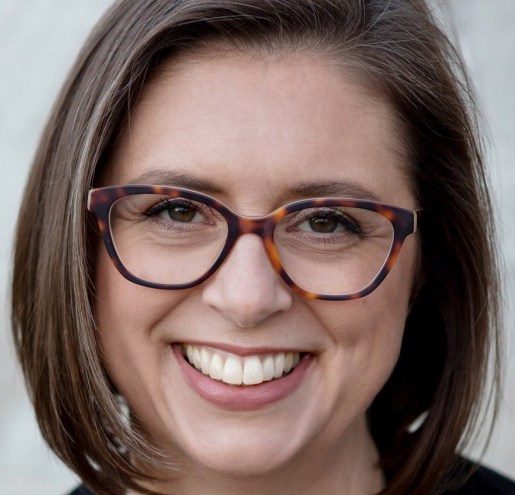
University of Pittsburgh
Speaker Bio for Alison Langmead
Alison Langmead holds a joint faculty appointment between the Dietrich School of Arts and Sciences and the School of Computing and Information at the University of Pittsburgh. She teaches and researches in the field of the digital humanities, focusing especially on applying digital methods mindfully within the context of visual and material culture studies. For the Department of Art History and Architecture, Alison serves as the Director of the Visual Media Workshop (VMW). The mission of the VMW is to develop and encourage the creation of innovative methods for producing, disseminating, and preserving the academic work using digital technologies as a fundamental component of our scholarly toolkit. To achieve these objectives, she directs a technologically-focused environment of collaboration and creativity where students and faculty from a number of departments across the University come together to work on projects that apply digital methods and techniques with focus and intention. For the School of Computing and Information (SCI), Alison researches the relationship between the historical practice of information management and digital computing, both as a historical narrative and also as a complex, changing process in contemporary America. This research, plus all of the theories, concepts, and models that she teaches at SCI, are put into daily practice in her work directing the VMW.
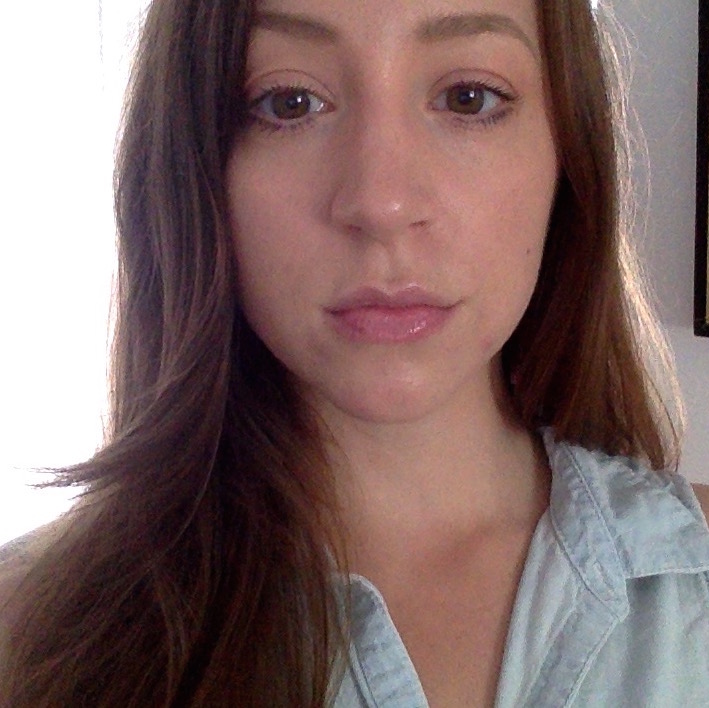
Library Freedom Project
Speaker Bio for Alison Macrina
From LibraryFreedom.org: "Along with founding the Library Freedom Project, Alison is a librarian, internet activist, and a core contributor to The Tor Project. Alison is passionate about fighting surveillance and connecting privacy issues to other struggles for justice. She believes that a world without pervasive surveillance is possible." Library Freedom is a unique, progressive venture in the privacy sphere, putting on training workshops for libraries and librarians as well as advocating for political change.
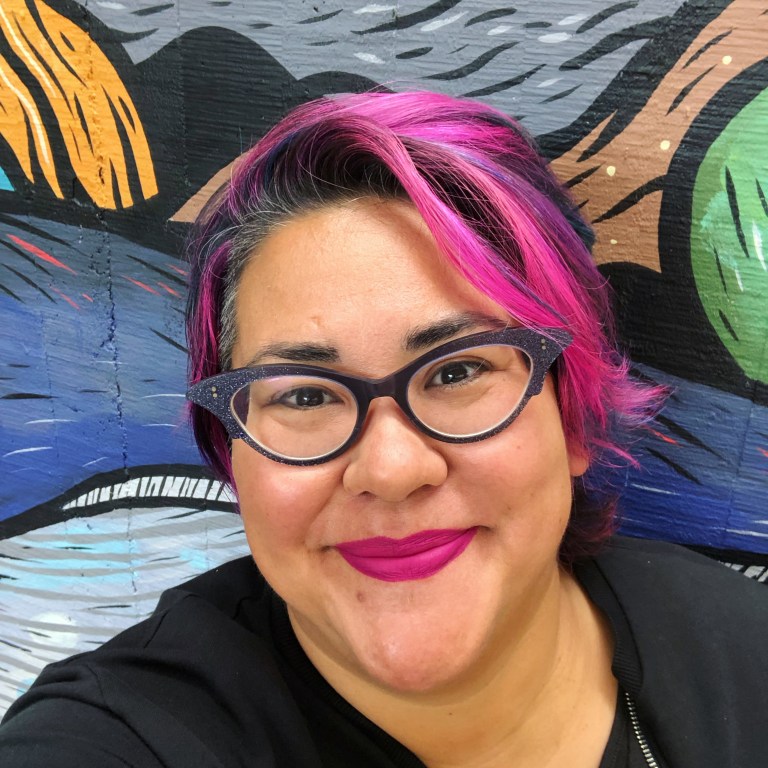
Mozilla
Speaker Bio for Tara Robertson
Tara Robertson is an intersectional feminist who uses data and research to advocate for equality and inclusion. She has more than 10 years experience making open source and tech communities more diverse and welcoming. Her core values are social justice, collaboration and all things open–open source, open access and open education. Her curiosity and delight in connecting people come together in person and online, where she can often be found asking good questions. Read more on her personal website.
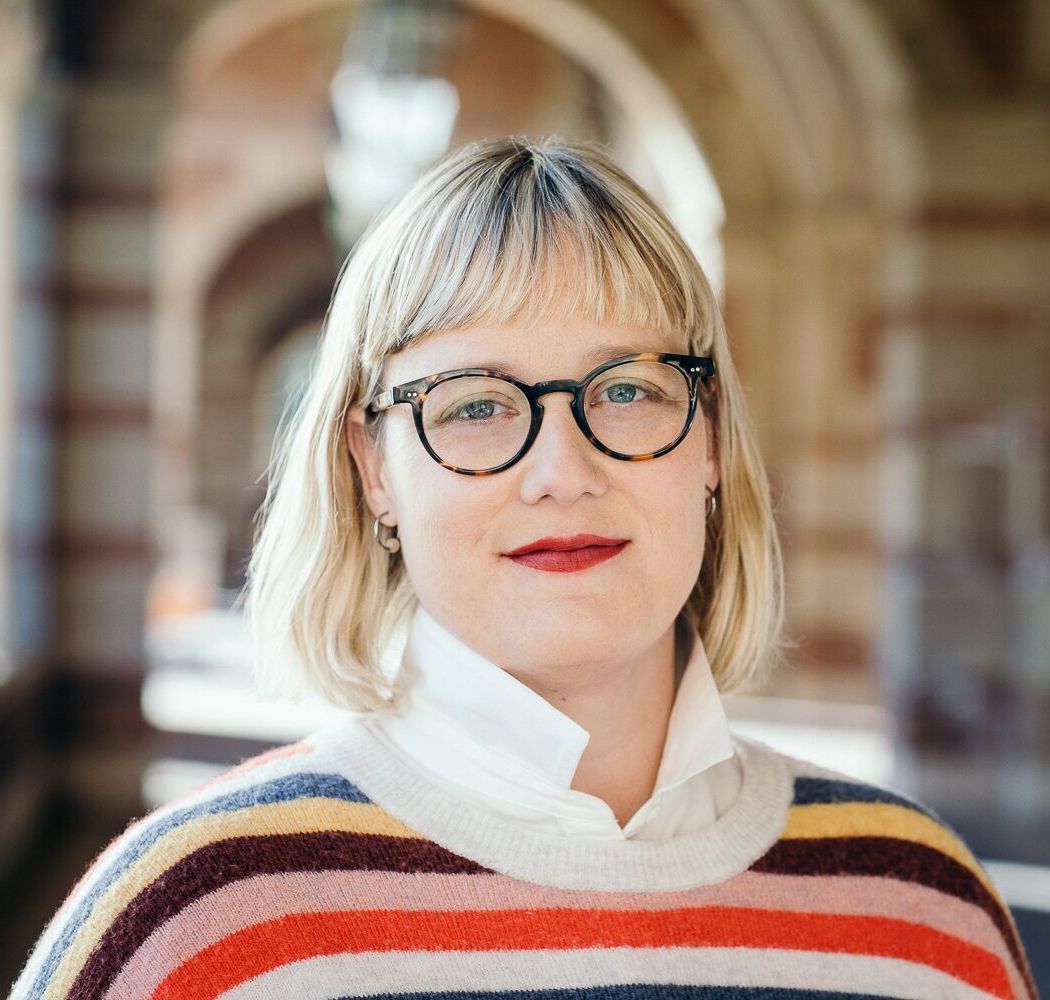
UCLA
Speaker Bio for Sarah Roberts
Sarah T. Roberts is assistant professor of information studies in the Graduate School of Education and Information Studies at the University of California, Los Angeles. She is internationally recognized as a leading scholar on the emerging topic of commercial content moderation of social media; her book on the topic, Behind the Screen: Content Moderation in the Shadows of Social Media, is forthcoming in 2019 from Yale University Press. Professor Roberts is a 2018 Carnegie Fellow and a 2018 winner of the EFF Pioneer Award.
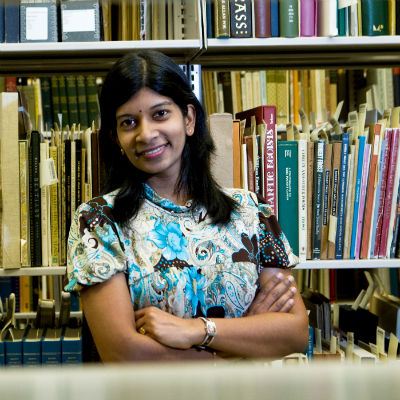
University of Maryland
Speaker Bio for Mega Subramaniam
Mega Subramaniam is an Associate Professor at the College of Information Studies at the University of Maryland. Dr. Subramaniam’s research focuses on enhancing the role of libraries in fostering the mastery of emerging literacies that are essential for STEM learning among underserved young people. Dr. Subramaniam serves as a fellow for the Libraries Ready to Code (RtC) project led by the Office for Information Technology Policy at the American Library Association (ALA OITP). Read Dr. Subramaniam’s detailed bio here.
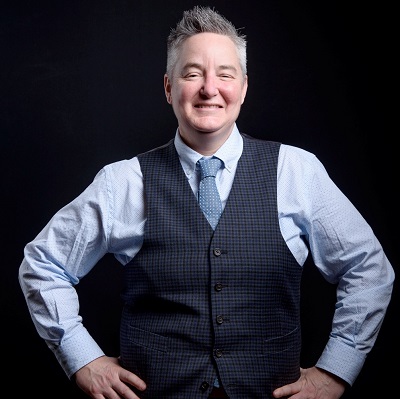
Massachusetts Institute of Technology
Speaker Bio for Chris Bourg
Chris Bourg is the Director of Libraries at Massachusetts Institute of Technology (MIT), where she also has oversight of the MIT Press. She chooses to believe that libraries can and should promote social justice. Read Chris's detailed bio here.
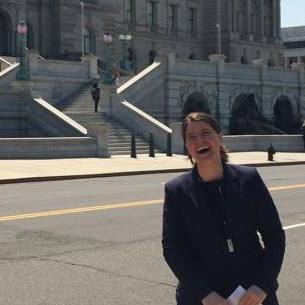
Cornell University Library
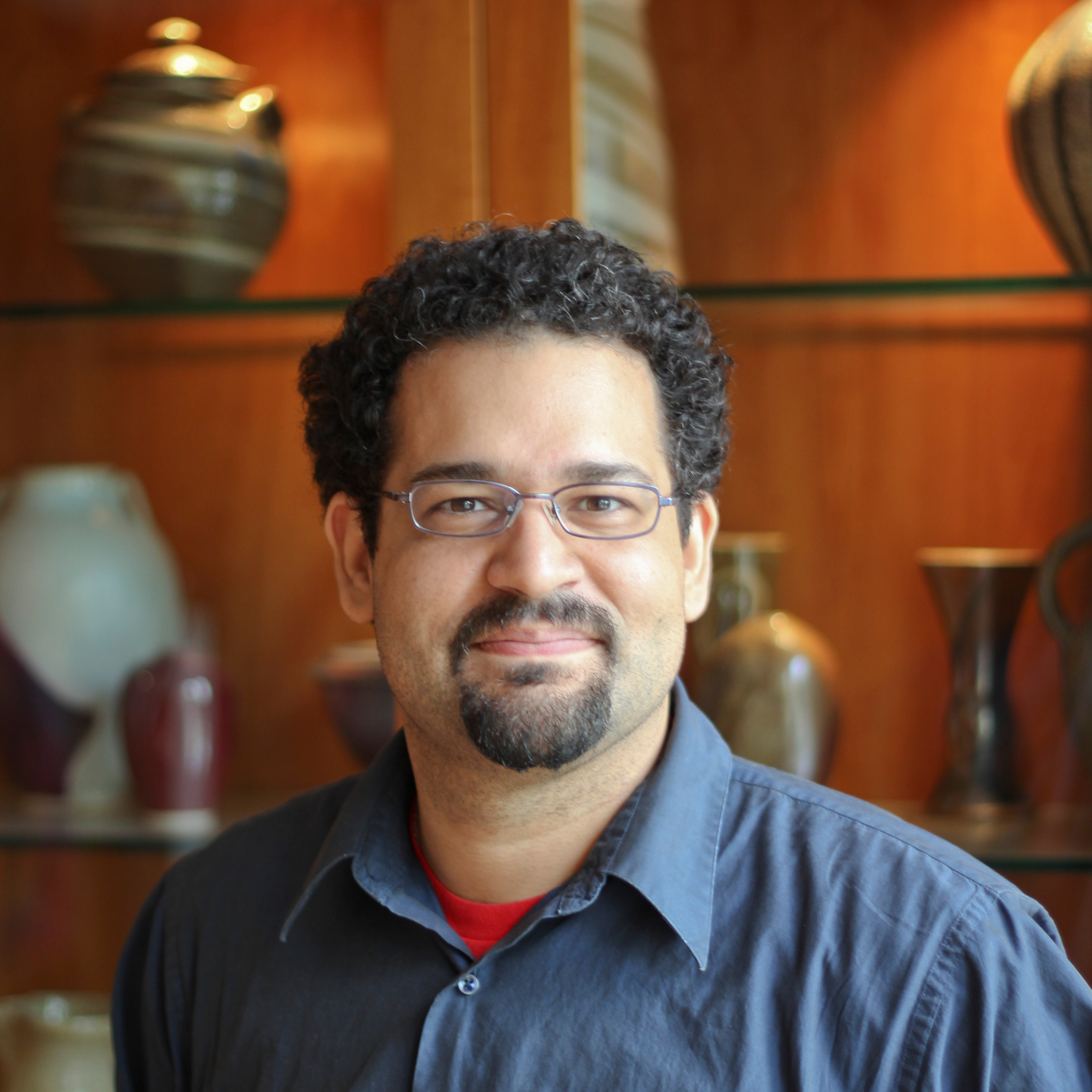
NC State University Libraries
Speaker Bio for Andreas "Dre" Orphanides
Dre is the Associate Head of User Experience at NCSU. He is also a long time participating Code4Lib community member. He is one of the co-founders of the beloved Code4Lib workshop, Fail4Lib, which created an inclusive and safe space to talk about project failures and generate constructive conversation around the failures. He's given brilliant and thoughtful talks on user experience and system design.
Workshop: Fail4Lib 2024
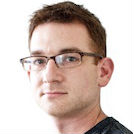
DuckDuckGo
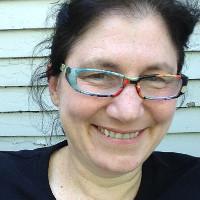
The Tor Project
Speaker Bio for Kate Krauss
Katie has been an influential political strategist and organizer since the late 1980s. An early member of ACT UP, she lead and organized a diverse statewide coalition that succeeded in tripling the budget of California's AIDS Drug Assistance Program and restructuring the State of California's AIDS funding priorities. One of the first US activists to embrace international AIDS advocacy, she was a key strategist behind the global AIDS treatment movement in the late 1990s, working with groups such as Health GAP and TAC of South Africa.
In 2002, Katie founded the AIDS Policy Project (www.AIDSPolicyProject.org) to work on AIDS issues relevant to the global community. She currently directs a national advocacy campaign focused on re-establishing a cure for AIDS as major public goal. She works with leading researchers and international health societies to identify and overcome obstacles to this critical research
Katie also works closely with Chinese AIDS activists and human rights defenders and has built a diverse, powerful coalition of western advocacy groups interested in AIDS in China. Her advocacy was influential in securing some $90 million in aid for China's HIV/AIDS programs and institutionrumental in the release of nearly three dozen Chinese activists detained by Chinese authorities for their work since 2002. She organized the successful international campaign for the release of Wan Yanhai, which was covered on the front page of the New York Times.
As Communications Coordinator for the AIDS campaign at Physicians for Human Rights, Katie has placed front page stories in the Washington Post and many other outlets.
Katie has worked as an advocate on diverse AIDS issues such as clinical trial ethics, vaccine advocacy, the structure of medical research, pediatric AIDS, trade and IP issues, harm reduction, prison health care, Medicaid, the AIDS Drug Assistance Program, Africa's health worker shortage, financing for the Global Fund, and PEPFAR reauthorization.
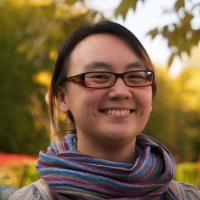
Mozilla
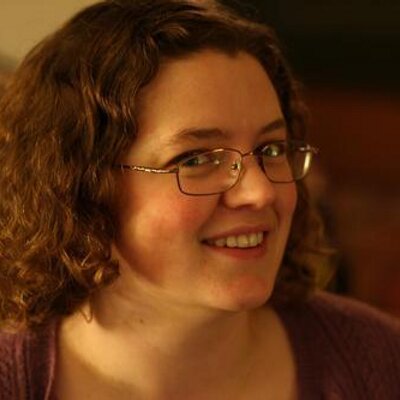
Small Beautiful Useful
Speaker Bio for Andromeda Yelton
I’ve been a math major and a middle school Latin teacher. Now I’m a librarian and technologist, and the thing that keeps me up at night and makes me smile is empowering librarians through code.
Talk: Everything could have been different: why computers are like that
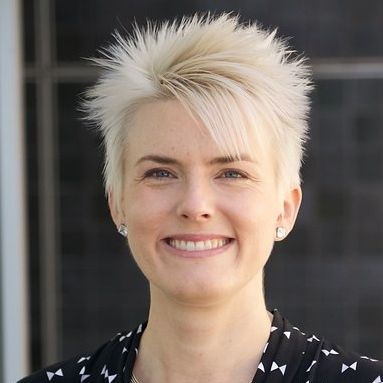
The Ada Initiative
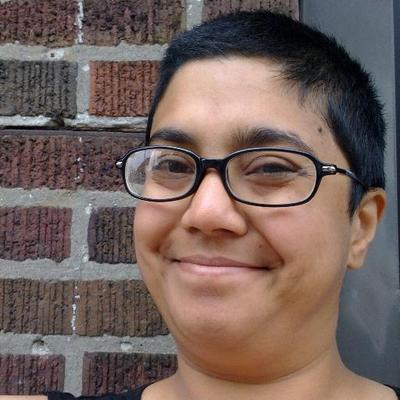
The Ada Initiative
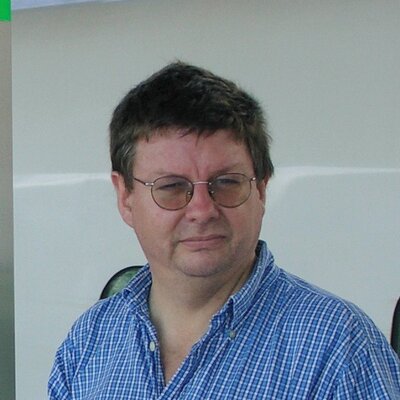
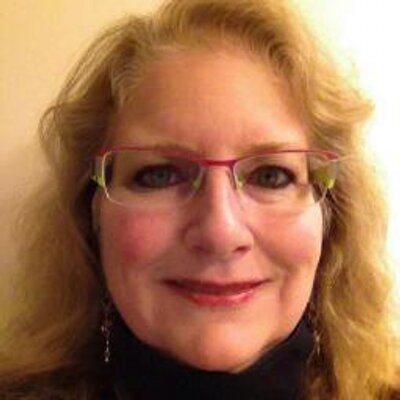
The National Archives (NARA)
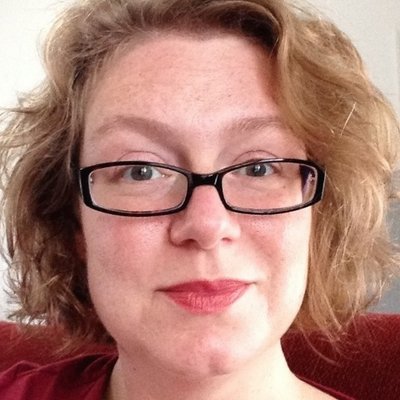
University of Virginia
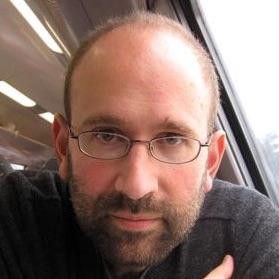
George Washington University
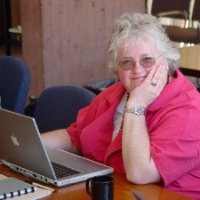
Information Institute of Syracuse
Speaker Bio for Diane Hillmann
She is the editor of Using Dublin Core, former administrator of the AskDCMI Service, co-moderator of the DC Education Community, and former member of the DCMI Usage Board. She is active in the library standards community, having served several terms on the MARC Standards Advisory Committee (MARBI) as a liaison from the law library community and as a LITA representative.
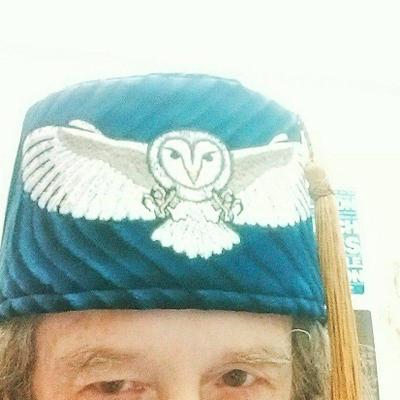
ibiblio.org
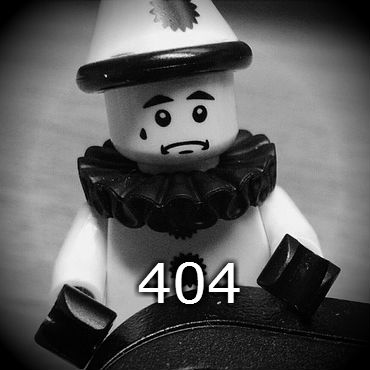
Microsoft
Speaker Bio for Cathy Marshall
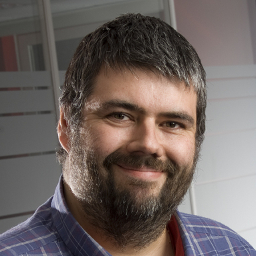
Avocet Systems

Index Data LLC

Speaker Bio for Stefano Mazzocchi
Previously, he worked as an Application Catalyst at Metaweb Technologies Inc. tasked to help enabling a development ecosystem around Freebase as a platform. Metaweb was acquired by Google in 2010. Before that, he was a research scientist at MIT working on the SIMILE Project for the Digital Library Research Group of the MIT Libraries.
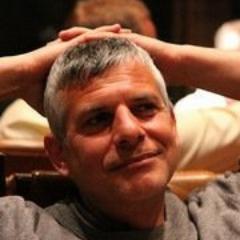
Hypthesis
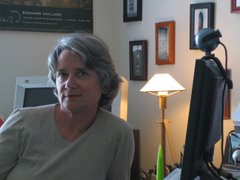
Speaker Bio for Karen Coyle
Karen Coyle is a librarian with over thirty years of experience with library technology. She now consults in a variety of areas relating to digital libraries. Karen has published dozens of articles and reports, most available on her web site, kcoyle.net.
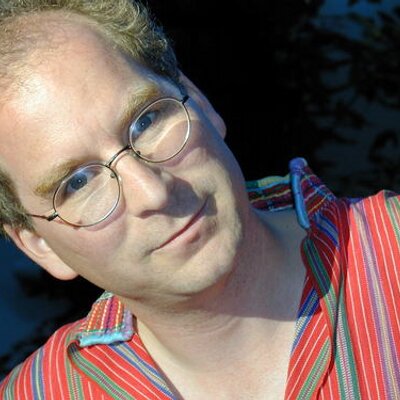
Internet Archive
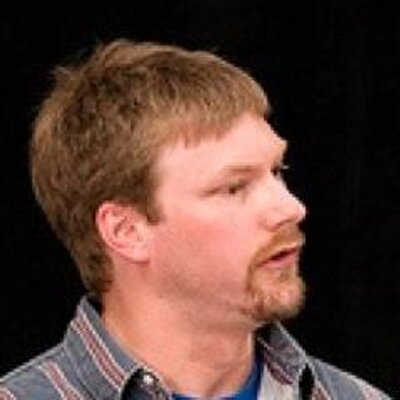
Lucidworks
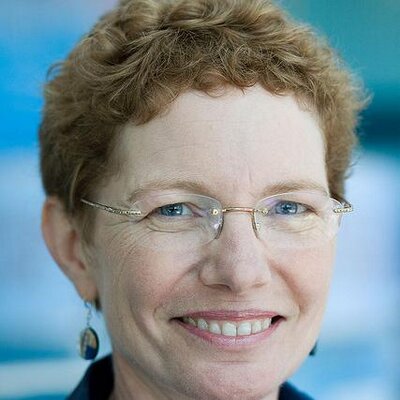
Sonoma State University
Speaker Bio for K.G. Schneider
I am the Dean of the Library at Sonoma State University, an august entity that disavows everything written on this blog and through the wriggling of eyebrows hints around that perhaps I could be doing something better with my time like running a university library, yo. I was formerly the University Librarian at Holy names University in Oakland, California (a place that seems remarkably similar to the 'Cupcake U' I sometimes blogged about).
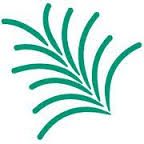
Speaker Bio for Evergreen Team
The Evergreen Project was initiated by the Georgia Public Library System in 2006 to serve their need for a scalable catalog shared by (as of now) more than 275 public libraries in the state of Georgia. After Evergreen was released, it has since been adopted by a number of library consortia in the US and Canada as well as various individual libraries, and has started being adopted by libraries outside of North America. The Evergreen development community is still growing, with about eleven active committers and roughly 65 individuals who have contributed patches (as of March 3, 2013). However, the Evergreen community is also marked by a high degree of participation by the librarians who use the software and contribute documentation, bug reports, and organizational energy. As such, Evergreen is very much about both the developers *and* the users.